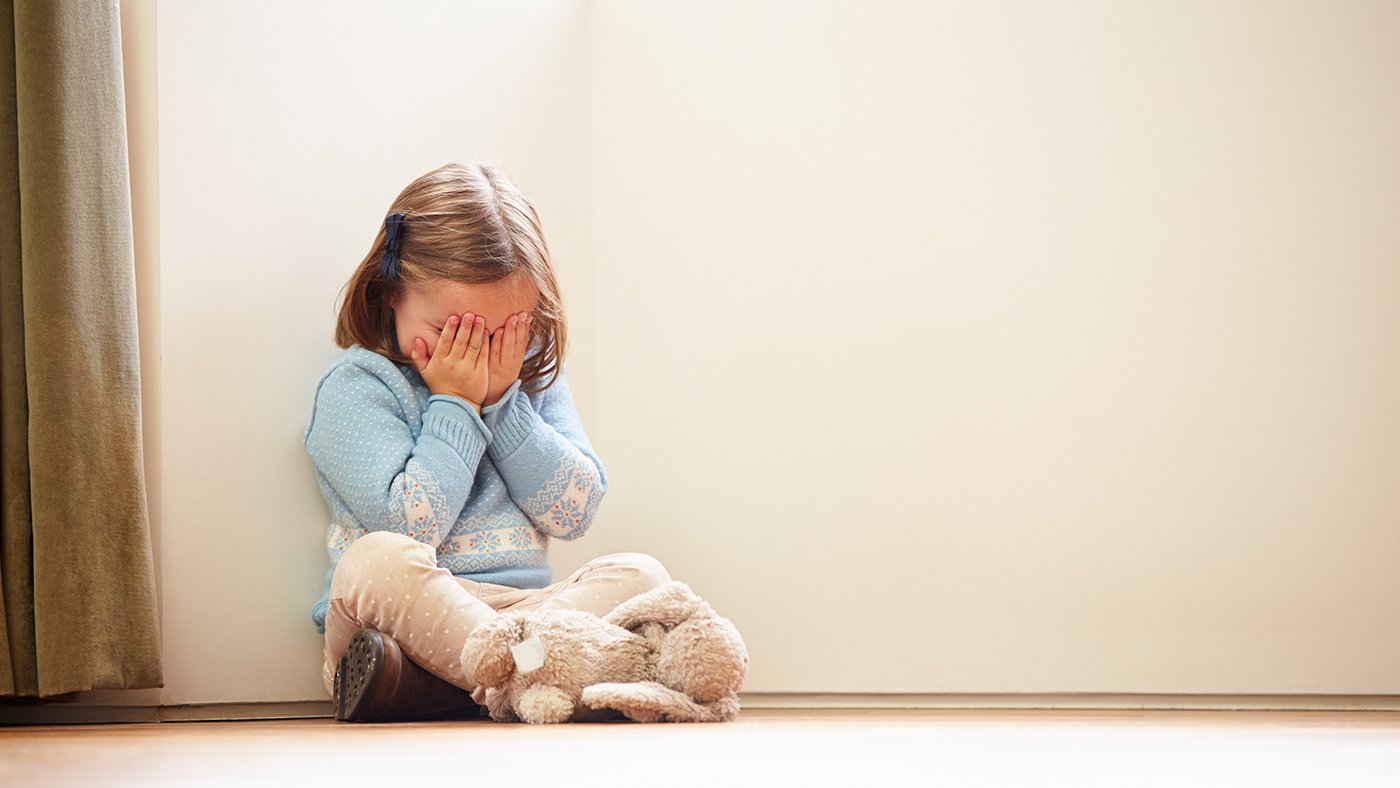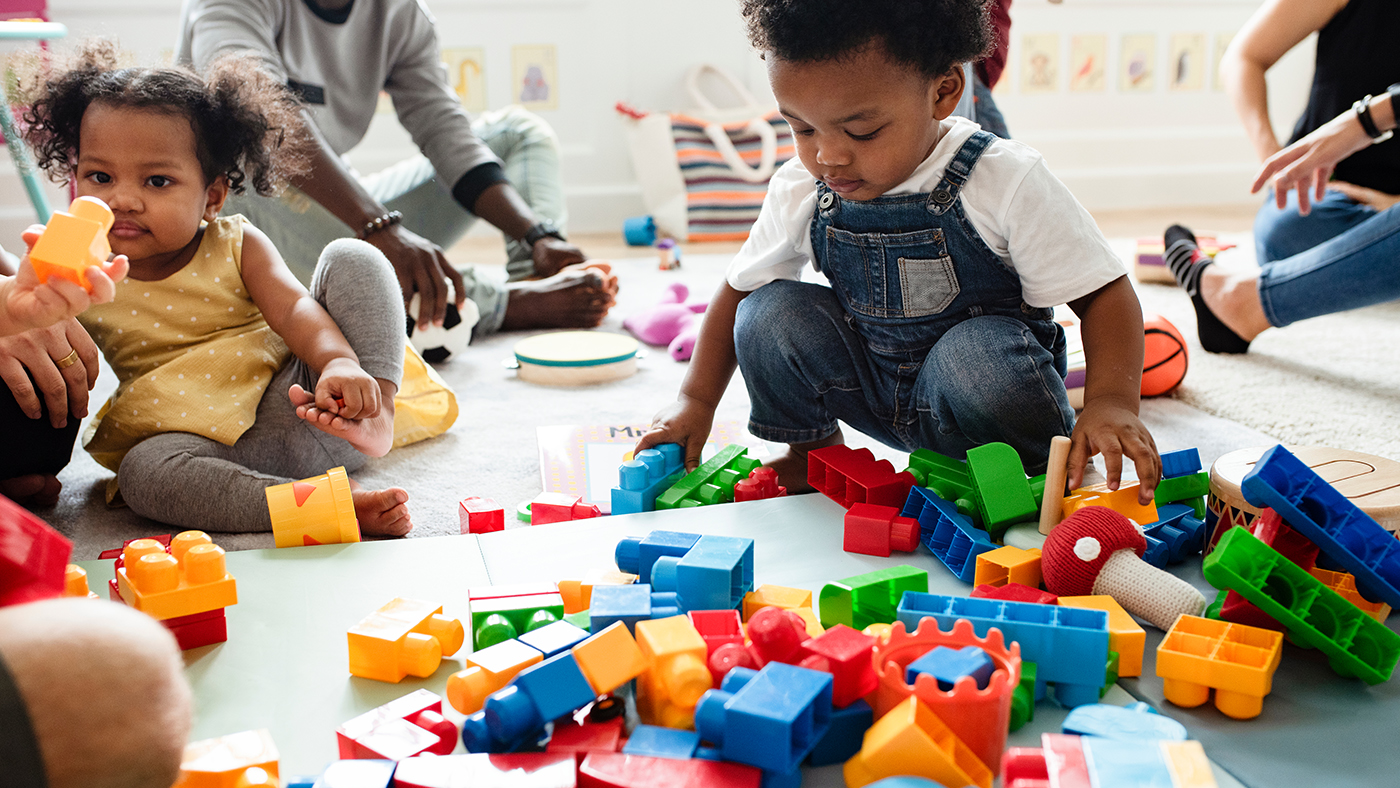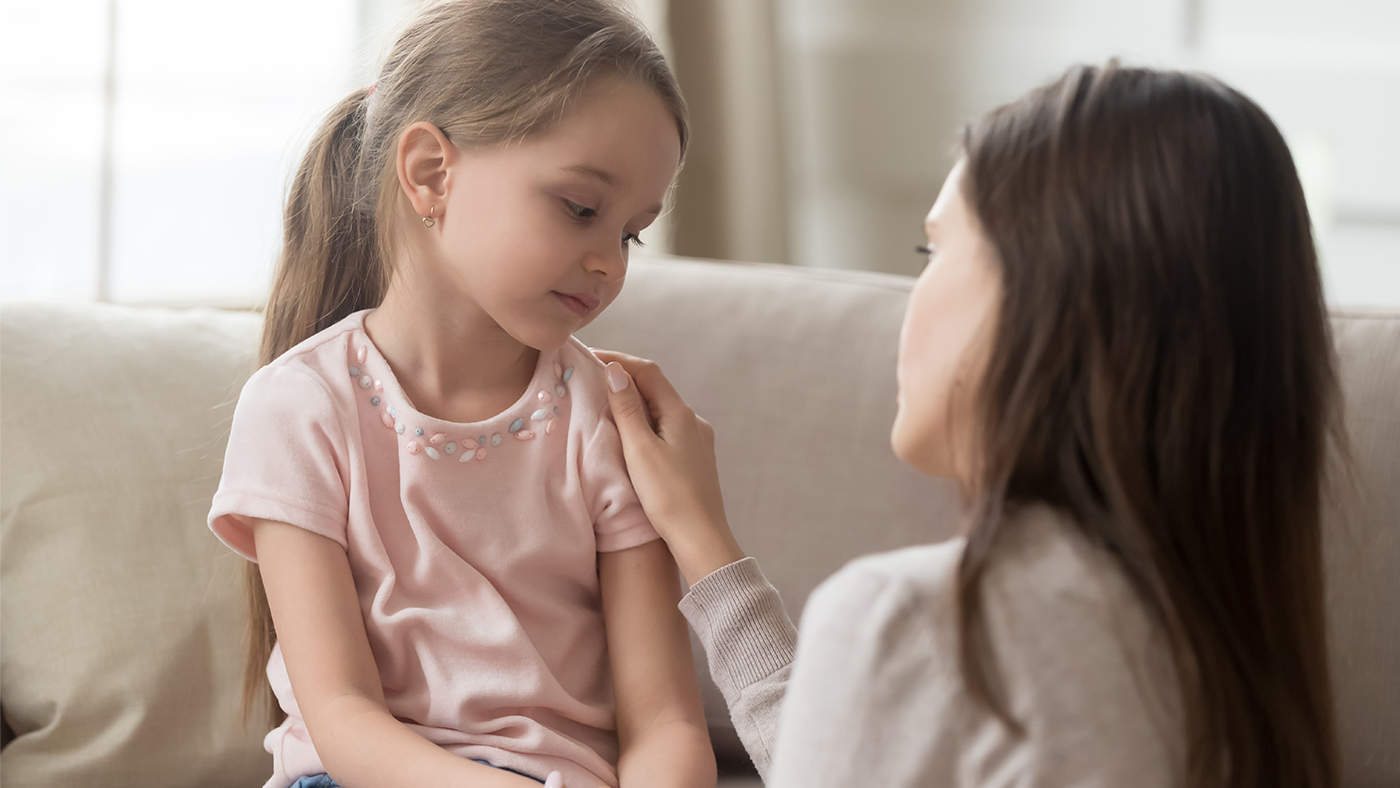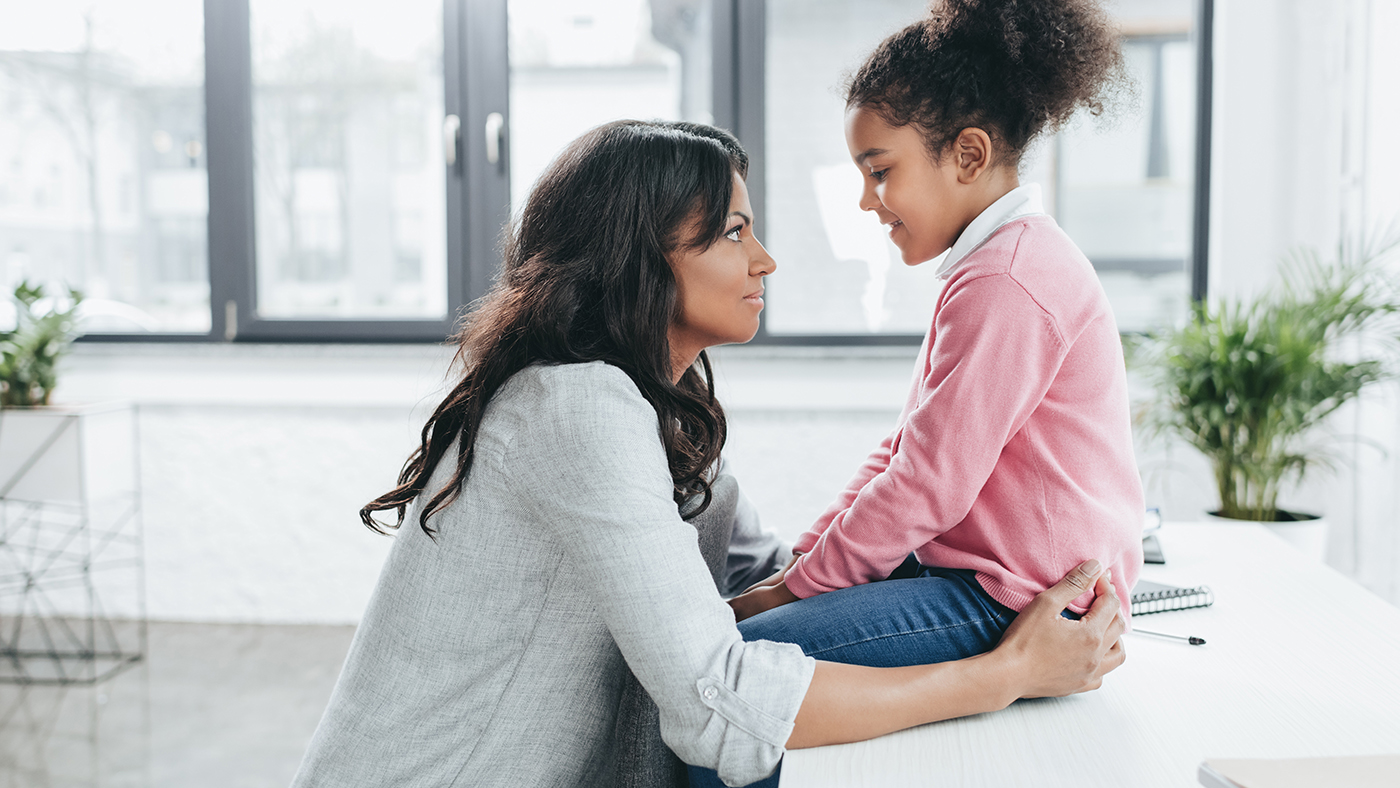Self-regulation versus self-control: what's the difference?

At My First Five Years, we know it can be hard to sift through all the information available online and find what you want to know to help you to support your child. That’s why we provide information you can trust, backed by years of experience, science and research.
The terms self-regulation and self-control are sometimes used interchangeably, but it can be helpful to think of these as separate-but-linked processes.
What is self-regulation?
Self-regulation is linked to what scientists refer to as ‘internal states’. For example, emotional self-regulation involves recognising and regulating emotional states. Emotional self-regulation is not just linked to negative emotions such as anger or sadness but also emotions such as happiness or excitement.
What is self-control?
Self-control is linked to self-regulation but focuses on the response to an event: the ability to control your responses. When someone shows self-control, they can stop the intuitive or reflex response to a situation. This is something we can all find difficult sometimes and something which is very tricky for our young children.[1]
What is an example of self-regulation?
Imagine your child is building a tower of blocks. They have spent a long time building the tower and as they place the final block the tower falls. Your child feels upset and frustrated, they have spent all this time building and the tower has fallen. However, they can regulate their emotions, and after banging their foot down on the floor once and saying, “Oh no!”, they pick up the blocks and start to build again.
A few months ago, or on a day when your child is very tired, the tower falling might have led to bricks being thrown or your child crying uncontrollably. Now, they are showing that they can recognise how they feel, regulate this emotion and think about what to do next.
This is an example of emotional self-regulation and demonstrates how self-regulation and self-control are linked. Self-regulation supports self-control.

What are the behavioural benefits of self-regulation in early years children?
Being able to regulate emotions is important for all of us. Being aware of how we are feeling and responding to these emotions is important for our mental health and wellbeing. These are skills your child begins to develop during their first five years and continues to develop throughout their life.
As your child develops the ability to regulate their emotions, they will also begin to find ways to distract themselves when frustrated, wait for things they really want and stay calm when excited. This helps them to meet behavioural expectations in different situations and to seek support when needed.
How to teach early years children self-regulation
Self-regulation is closely linked to brain development, particularly the development of the prefrontal cortex. The prefrontal cortex continues to develop into adulthood. It’s important to remember that self-regulation is difficult for young children and is more difficult for all of us when we are tired or stressed.
Your child learns to regulate their emotions through co-regulation. Co-regulation is when someone supports us to notice how we are feeling and regulate our emotions. When I think about co-regulation, I think of the author L.R. Knost’s quote, “When little people are overwhelmed by big emotions, it’s our job to share our calm, not join their chaos.”
Simply put, your child learns self-regulation by being supported to regulate their emotions and by seeing you regulate your emotions, so by sharing your calm. We know this isn’t always easy, but it is another reminder that taking care of yourself is an important part of supporting your child’s development.

What is an example of self-control?
Your child is playing with their favourite toy when another child comes over and takes the toy from them. Your child says, “No!”, then turns to you to tell you the toy has been taken. A few months ago, you know if the toy had been taken, they would have hit the other child or thrown themselves onto the floor and cried. Your child still feels upset and angry that their toy has been taken but can now regulate their emotions and control their response – this is a demonstration of self-control.
What are the behavioural benefits of self-control in early years children?
Developing self-control helps your child to stop themselves from reacting impulsively. This helps them to behave in ways that might be expected in different situations. Some children might begin to control their responses but could still be developing emotional regulation. You might notice your child leaves the park when you say it is time to leave but cries as they walk to the gate. They can control their actions but still feel disappointed and cannot regulate their emotional response.
How to teach early years children self-control
The best way to support your child to develop their self-control is through encouragement and patience. Your child might need a little time to think about what is happening before they do what you are asking, so pause before repeating an instruction.
Even as they are developing their self-control, your child might act first, then think and realise they did the wrong thing. They are likely to find self-control and self-regulation more difficult in new situations or when they are tired, so think about when they might need more support from you. Remember, as in all aspects of development, your child is learning about behavioural expectations with your support.

Find out more
Developing self-regulation and self-control is an important part of your child’s development. These skills support your child to develop relationships and adapt their behaviour to different situations. To read more and for ideas about how you can support your child’s social and emotional development during their first five years, download our app today.
Read more about self-regulation in our article Emotional skills in children – what is self-regulation? (mffy.com)
Read more about theories about behaviour in our article, Theories about behaviour: a summary (mffy.com)
If your child has tantrums these articles might be helpful, “I want the other one!” What you need to know about tantrums (mffy.com)
Tantrums, meltdowns and sensory development - find out more (mffy.com)
References
[1]. Nigg, J.T. (2017). Annual research review: On the relations among self-regulation, self-control, executive functioning, effortful control, cognitive control, impulsivity, risk-taking, and inhibition for developmental psychopathology. Journal of Child Psychology and Psychiatry, 58 (4), 361-383.

